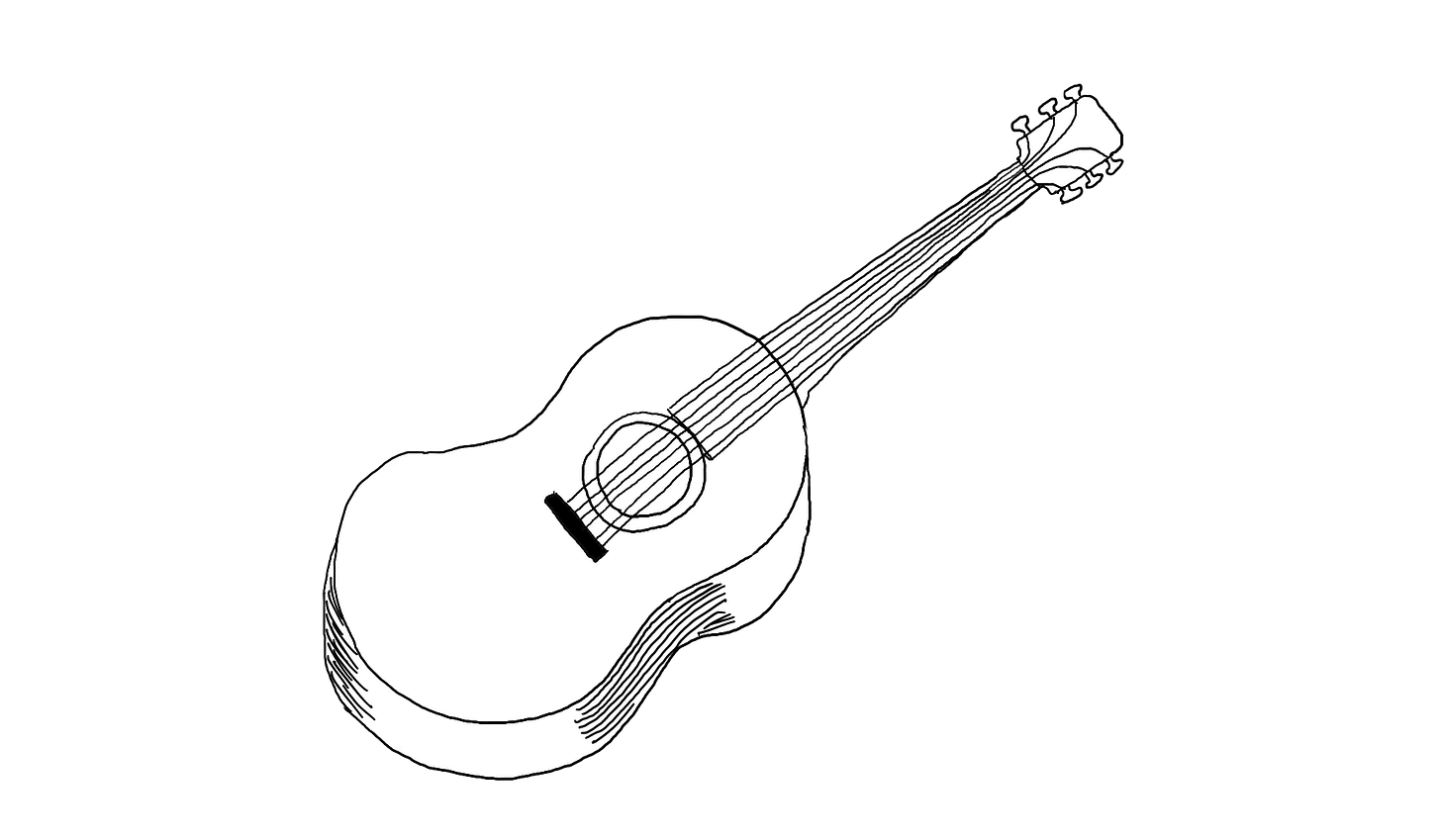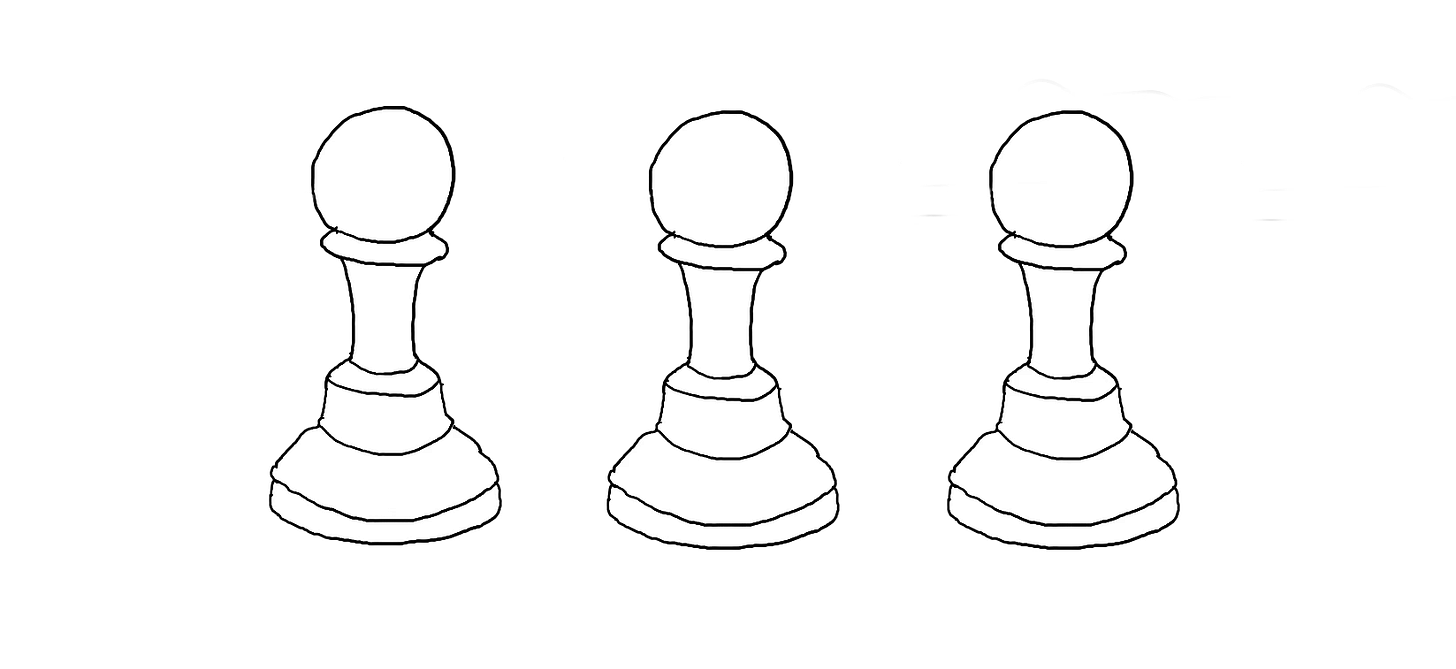What can I say? When you’re in a Dylan mood, you’re in a Dylan mood.
You become immersed in his music, in the many evolutions of his discography, in the imbroglio of his persona. You begin to wonder: how do I become Dylan? Listen to one interview and you quickly realize the depths of his enigma. Never one for straight answers, always one to poke fun at or quarrel (through eloquence and ensnaring the victim in verbal traps) with the journalists. Perhaps I should not derive such pleasure from how Dylan cuts these newspaper philistines down to size—in fact, I’m drawn to the New Journalism style, say, and would not be averse to stumbling into such a career—but listening to him run circles around these poor, patrolled reporters, watching that devilish grin unfold across his face is a palette cleanser. In a society where privacy is as difficult to come by as a functioning democracy, Dylan’s evasive answers underscore that clandestine is not only an advantage, but also that clandestine is cool.
And there is something unintentionally (or intentionally) philosophical about his ambiguity. His desire to question a journalist’s intentions or their word usage or the very nature of their job reflects a mind that is perpetually churning. Probing the bedrock of our humanity. Investigating presupposed truths. Isn’t that why Bob Dylan has lasted for so long? Because he’s never satisfied with purported solutions? When you linger in that zone, fecund for ambiguity, you learn to understand that there is no understanding. You learn to adapt to a shifting world because you recognize there is no stability in chaos. The future will be as unknowably as the present, just as the present was as unknowable as the past. There is never stasis. Only confusion.
As massive a Dylan fan as I am, there are many of his songs that I haven’t heard. Such is the unavoidable challenge of experiencing six plus decades of music. While watching the famed 1967 documentary Don’t Look Back, I heard “Only a Pawn in Their Game” for the first time (memory is an unreliable measure, but I’m convinced I would have remembered this song).
Lately, I’ve been drawn to Dylan’s early work. Just a young man singing into a microphone and plucking his guitar. Unadulterated, unadorned folk. The stripped-back rendition forces one to pay attention to the words. When the lyricist is as masterful as Bob Dylan, it’s easy to forget the presence of instruments. No amplifiers, no orchestras1. Only the words imbuing the air with their intrinsic spark.
“Only a Pawn in Their Game” is a song that requires close listening (don’t all Dylan songs require this?). There can be no other accompaniment but the acoustic guitar. The words need space and a certain amount of silence to float, to form into pulsating, sentient things rather than flat letters on a page.
Is it obvious to point out that “Only a Pawn in Their Game” was controversial? So controversial that I considered not writing about it at all. So controversial that Dylan stopped performing it after 1964. Pay attention to the lyrics. Do you see how they might be misconstrued?
The song is about the murder of Medgar Evers, a prominent civil rights activist. But Dylan does not tell the story of Evers; he tells the story of the white man who shot him.2 Dylan seems to exonerate Evers’ killer—blaming not him but the system that created him. Let me say, for the fourth time: take heed of the words. “He’s taught in his school/ From the start by the rule/ That the laws are with him/ To protect his white skin.” It would be easy to assign full responsibility to the murderer. But Dylan shirks convention. He digs deeper. He sees the entire scope of the problem. He puts a mirror in front of our society. The murderer is more than just one man. Many are complicit. These complex notions, weaved together, produce a haunting effect. And oh, how Dylan sings. Poised and poignant, direct and sonorous. From the first line—“A bullet from the back of a bush”—you hear the notes of foreboding in his voice. You know what’s coming. And yet, it snatches your breath away.
Later, I discovered a grainy, bone-chilling video of Dylan performing the song at the March on Washington. How young he was! 22 years old and taking the same stage where MLK Jr. delivered his “I Have a Dream” speech, facing a crowd 250,000 in size, singing about a subject many of us are still afraid to broach today. Who else but Dylan could have dared to do that? Who else but Dylan could have been at that intersection of history?
The overarching message, though, and the one that resonates today, is that governments and bureaucracies manipulate their people. A small elite, yanking our strings like puppeteers. All of us are shackled by these strings. While some let their limbs go limp, others gnaw at the rope, try to chew out an escape. Perhaps the options are not so grim. Perhaps there is hope. Perhaps we will never know.
Even the most progressive of schools do not teach their students to question things. To question rules, the establishment. To question meaning, purpose. Teaching a mass of people to cast doubt on the pillars that support our society necessitates a surrender of control. And what is control if not power?
Whether we want to be or not, we’re all pawns in Their game. Capital T “They.” Some of us realize it, and are unhappy, for knowledge is accompanied by suffering. Some of us don’t, and believe we are free.
Freedom is one of many illusions foisted upon us. We’re similarly indoctrinated with the belief that America is at the center of the world. We look upon other cultures with scorn and pity and deem them inferior simply because they are other. America is viewed as a benchmark. A global game of Simon Says: do as America does. Us Americans are immune to the propaganda that suppurates in the primitive minds of foreign people. We are the arbiters of truth.
This is as much a fallacy as the contention that humans are the center of the universe. All of this—the land masses, the rivulets and sweeping oceans, the alignment of the planets, the sun, the moon, the galaxy—is for our benefit. Without the Homo sapiens, there would be no life. No atmosphere. No space. But, at best, each of us exists for 100 years. After that, our ashes are scattered into the sea or our bodies decompose and nurture the soil for plants and flowers and growth. Gobbled up by the earth and swallowed into the void of memory. Meanwhile, this floating orb continues to spin. Spaces continues to exist as it has for billions of years. Are we really that essential?
Perhaps this is part of the appeal of art. To pass on our memories centuries after we’re gone (if we’re lucky). If we do happen to be just drops in the bucket, at least our drops will be slightly larger than the rest.
I did not mean for this to veer towards pessimism. I, for one, am grateful to be human. Not an ant or a frond of kelp or a patch of moss growing on the bark of a tree. Though if I were any of those things, I wouldn’t know what I was missing. Relief from the onus of consciousness, maybe? Of course, I’m omitting consideration of an afterlife, a soul. And I’m a fairly spiritual person (not religiously-speaking). For the sake of quelling my fear of death, I like to believe in the persistence of our souls, enmeshed in another sliver of reality among the ether. The souls of my grandparents and my ancestors floating above and tethered to me by some intangible, celestial rope. Who knows if we’re just blips on the timeline of the universe or something more?
There it is: the power of Bob Dylan. His lyrics spawn a chain of introspection. Thought after thought, curling further inward until you find yourself turned inside out, exploring depths that are not normally accessible to you.
This is my third go at a Bob Dylan song3 in this On Deck series. I keep writing about him because I keep listening to him. Over ten years of listening to him and I continue to unearth new nuances, new secrets, new emotions. How can I delineate the personal meaning of such an artist in one thousand words? How do you define a man who defies definition? I hope, at least, that I’ve come closer to it here. Closer to giving back to Dylan all that he has given me.
I’ve been thinking: what would be the 2025 equivalent of Dylan going electric at the Newport Folk Festival?
Notably, Dylan leaves him unnamed. “He’ll see by his grave/ On the stone that remains/ Carved next to his name/ His epitaph plain/ Only a pawn in their game.”
“It’s Alright, Ma (I’m Only Bleeding)” and “Talkin’ New York” are the other two.






